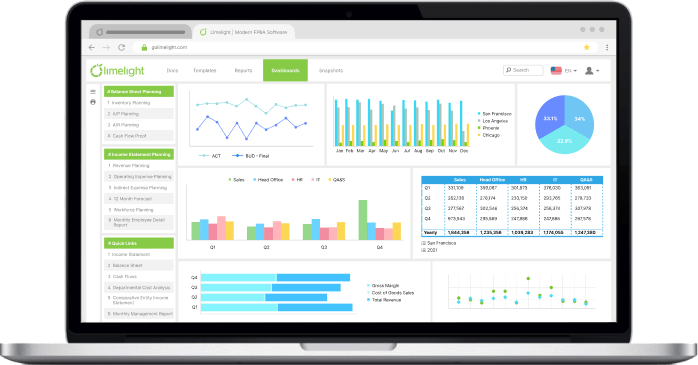Artificial intelligence (AI) isn't just science fiction anymore; it's revolutionizing the finance industry. CFOs and finance professionals are increasingly recognizing the potential of AI to automate tasks, unlock insights, and drive strategic decision-making. However, navigating the world of AI can be daunting. Adoption has more than doubled since 2017.
But where do you begin? In this comprehensive guide, we'll explore the current landscape of AI in finance, the tangible benefits it offers, and practical steps to incorporate AI into your financial operations.
AI in Finance: Current Use Cases
AI is already making a significant impact across various financial functions:
Automation of Repetitive Tasks
AI-powered tools can automate data entry, invoice processing, expense management, and reconciliation, freeing up valuable time for finance teams to focus on strategic initiatives.
Enhanced Reporting and Analysis
AI algorithms can quickly analyze vast amounts of financial data, identifying patterns, trends, and anomalies that might be missed by human analysts. This leads to faster, more accurate reporting and actionable insights.
Risk Management and Fraud Detection
AI can analyze historical data and identify patterns that indicate potential fraud or risk. This allows organizations to proactively mitigate risks and protect their assets.
Financial Forecasting and Planning
AI-powered forecasting models can leverage historical data and market trends to create more accurate predictions, enabling better budgeting and resource allocation.
Customer Service and Chatbots
AI-driven chatbots can handle routine customer inquiries, freeing up human agents to focus on complex issues and provide personalized support.
AI Tools Available Now
Robotic Process Automation (RPA)
Software robots can automate repetitive tasks.
Natural Language Processing (NLP)
AI can understand and interpret human language, extracting insights from financial documents.
Machine Learning (ML)
Algorithms can learn from data to improve financial predictions and analyses.
What Still Needs to Be Proven
While AI offers immense potential, there are some challenges to overcome:
Data Quality
AI relies on accurate, clean data to function effectively. Poor data quality can lead to inaccurate results.
Bias
AI algorithms can sometimes perpetuate biases present in the data they're trained on, leading to unfair outcomes.
Adoption and Integration
Integrating AI into existing financial processes can be complex and requires a change in mindset.
How CFOs and Finance Professionals Can Get Started
-
Identify Pain Points: Start by pinpointing areas in your financial processes that are time-consuming, prone to errors, or require complex analysis.
-
Research Solutions: Explore available AI tools and vendors that offer solutions addressing your specific needs.
-
Pilot Projects: Start small with a pilot project to test the effectiveness of AI and learn from the experience.
-
Build Expertise: Invest in training for your team to develop AI skills and knowledge.
-
Establish Governance: Create clear guidelines for AI use in finance, addressing ethical concerns and regulatory compliance.
AI is reshaping the finance landscape, offering CFOs and finance professionals the opportunity to streamline operations, gain valuable insights, and make more informed decisions. By understanding the current capabilities and limitations of AI, you can start harnessing its power to propel your organization's financial success.






